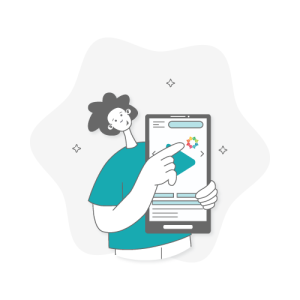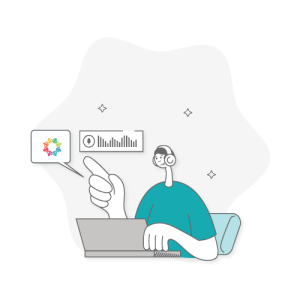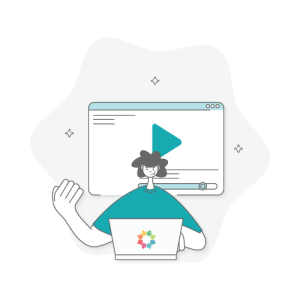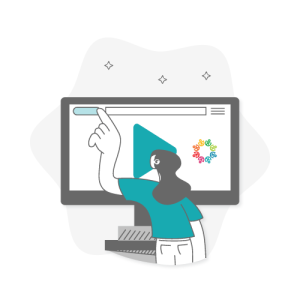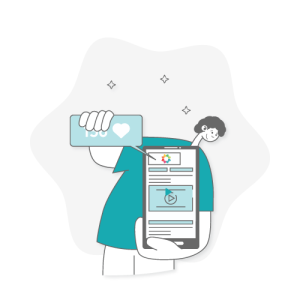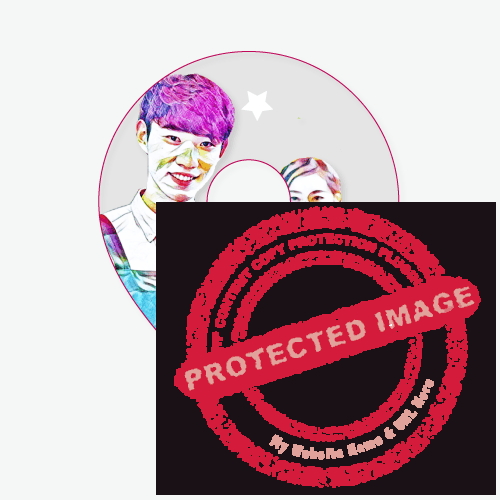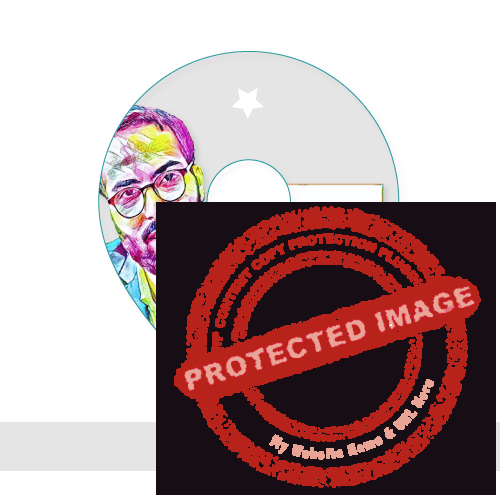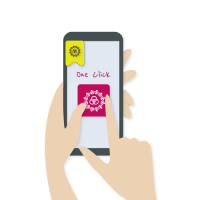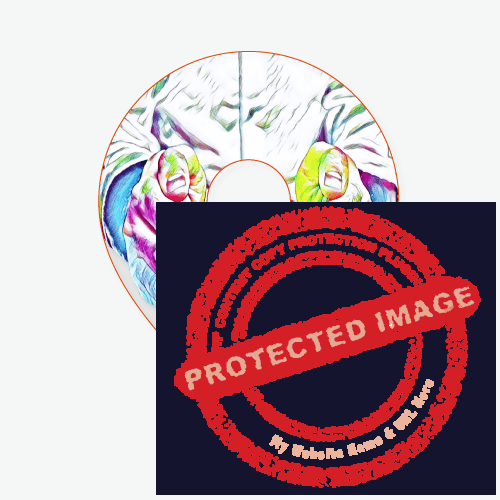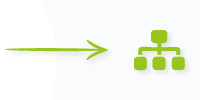
LGBTQIA+ Question Set

BUSINESS MODEL QUESTIONS
Possible answers: LGBTQIA+ Owned | Ally/Supporter | Staff identifying as LGBTQIA | General | Other
The question is designed to highlight the overall business model. Showcasing if a business is owned by community members, those that support the community or a welcoming business or service organisation.
Possible answers: Yes | No | Prefer not to say | Unknown
The question will vary depending on the service, product, event or business. The question is primarily designed to establish if a business has any experience dealing with members of the LGBTQIA+ community. In specialist areas such as healthcare, whether staff are trained in certain aspects specific to the community, such as administering hormone replacement therapy
Possible answers: LGBTQIA+ Tailored or Specialist | Inclusive to all | Prefer not to say | Unknown
The question is designed to highlight the nature of the products and services offered. Depending on the service or sector, some products might be specific and targeted. For example, a clothing company might have products with LGBTQIA+ themes or community themed flags, pins etc. The question is general and refers to the majority of the business and what it offers to its customers.
Possible answers: Yes | No | In Development | Not Applicable | Unknown
In question 3, organisations and providers can provide a general overview of the products and services they provide. Question 4 is more specific and relates to whether specific products and services are tailored toward the LGBTQIA+ community. For example, a business might offer a range of products; however, some products might be tailored to the community.
The free-text field enables businesses, services and event providers to list all products or services they provide that are specific and tailored toward the LGBTQIA+ community
Possible answers: Yes | No | In Development | Not Applicable | Unknown
The question relates to whether organisations are open to feedback and suggestions for products and services. Ideas for potential new products or ways to improve existing products or services.
INCLUSION QUESTIONS
The statement is general and a fundamental approach to inclusivity. It is important to note that some organisations might prefer not to answer given the country they operate within or societal pressures. Failing to answer does not mean an organisation is not inclusive, just that they might be unable to answer for fear of any repercussions.
The question is designed to showcase an organisation’s approach concerning inclusivity within their business environment. An open environment means that employees and customers are free to be open about their sexuality or gender identity and all are treated with respect
The question is designed to showcase if an organisation encourages staff, especially those that are customer-facing to learn more about the LGBTQIA+ community. Whether through staff training or reading materials provided to staff. Through learning more and empathising, the approach will ultimately help both staff and customers become more respectful and tolerant of others.
The question is designed to showcase how organisations engage with their customers and staff. Whether it is through online communications asking how they like to be addressed, personal pronouns and gender-neutral pronouns or asking customers in person. Asking customers how they liked to be communicated can help reduce any mistakes or any assumptions staff might make when dealing with customers and co-workers.
The question is designed to showcase whether an organisation engages with their customers to establish their preferred personal pronouns or whether their staff display on employee badges or email footers. Personal pronouns are especially important concerning gender identities and those unable to identify with conventional gender roles
PRIDE IN SERIES
BEHAVIOURS QUESTIONS
The question is designed to showcase whether an organisation has in place a code of conduct and whether LGBTQIA+ related matters are included. A code of conduct is typically a list of expected behaviours, what is not tolerated and a minimum standard expected in all matters relating to a particular organisation.
The question expands on the code of conduct to showcase other policies and procedures a business has in place concerning anti-discrimination and acceptable behaviours. Policies featured within employee handbooks, staff training, statements and policies both staff and customers are expected to review and agree to abide by.
The question is designed to highlight any staff training with regards to gender identities. Aspects such as greeting customers, avoiding gender assumptions, using gender-neutral greetings and engaging with customers concerning communication preferences.
Gayther Affinity is a private platform for the LGBTQIA+ community and their friends. A space that gives you the freedom to be yourself, helping you communicate with and connect to people similar to yourself from around the world and from all age groups and backgrounds. Get involved with groups discussions, ask questions or quickly search for inclusive business, services, and events near you. Gayther Affinity is committed to safeguarding its users. Through a closed network where user registration is required and enforcing block/report policies and functions to stop online abuse. Signup for your free Affinity account today.
SMARTPHONE SHORTCUTS & BOOKMARKS
SAFEGUARDING QUESTIONS
The question will vary depending on the sector and industry; however, it is designed to showcase engagement and safeguard measures. For example, if a support group, are those using the service able to remain anonymous or if in a care environment, are any measures in place to help LGBTQIA+ individuals integrate into a multi-gender and predominately straight environment
The question is to showcase clear guidelines and methods when things, unfortunately, go wrong. An established complaints process or how customers communicate abuse should be clear, simple and should be handled with respect and speed.
The question set is designed for a global audience. Some organisations have legal responsibilities and obligations with regard to the products and services they offer and perform. Though the legal obligations might be known to those living in those countries. They are not always known when people visit those countries from overseas. The question is designed to highlight that some organisations might be forced to report specific information relating to their customers.
The question will vary depending on the service, sector and industry. Though the majority of services and products do not require personal information such as a person’s sexuality or how they choose to identify. If an organisation does require this type of information, are customers able to opt to remain anonymous, if they are not out or fearful of persecution in their country or region
The question will vary depending on the service, sector and industry. For those organisations that capture personal and sensitive information, what measures are in place to keep the information secure and only accessible to those approved to do so.
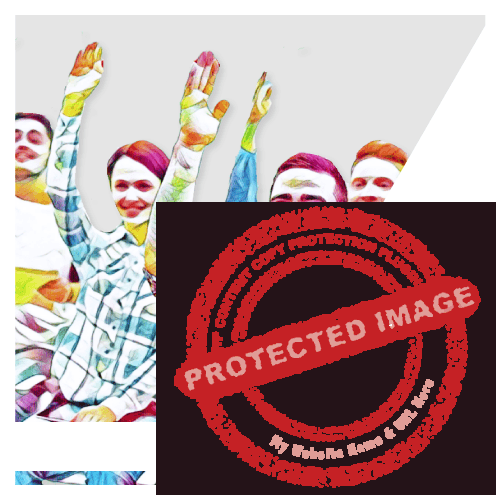
We designed the question set to allow businesses, organisations and providers to highlight their business models and approach to the LGBTQIA+ community. Information that can be viewed and shared with both new and existing customers. Some of the questions may not always apply; however, just knowing that a business welcomes all, will give many community members confidence when using and purchasing services and products.















